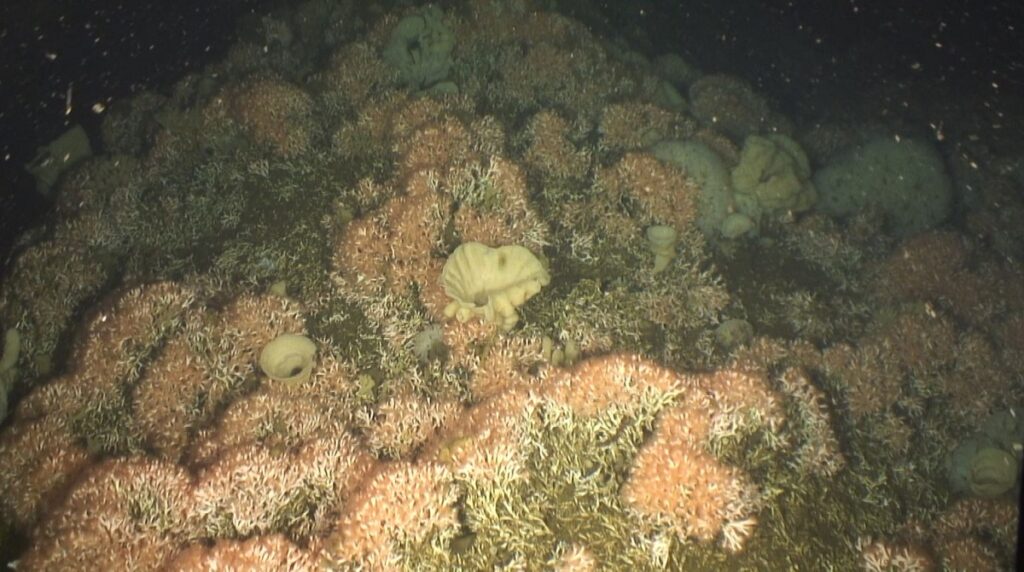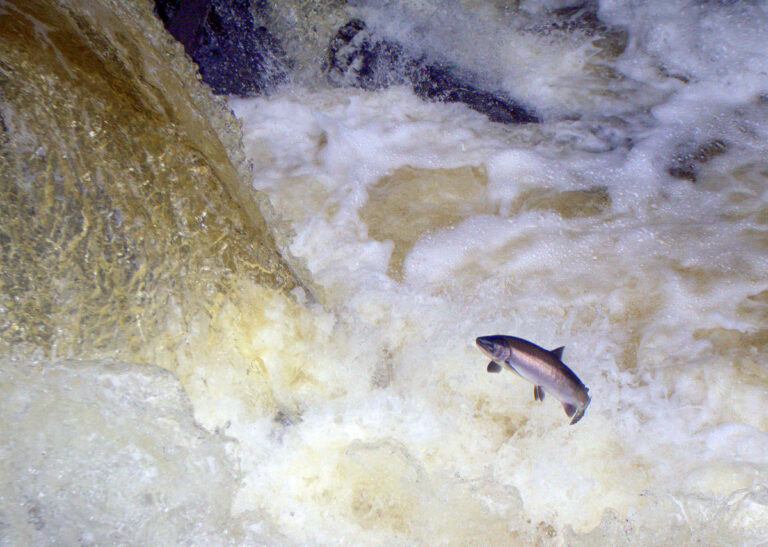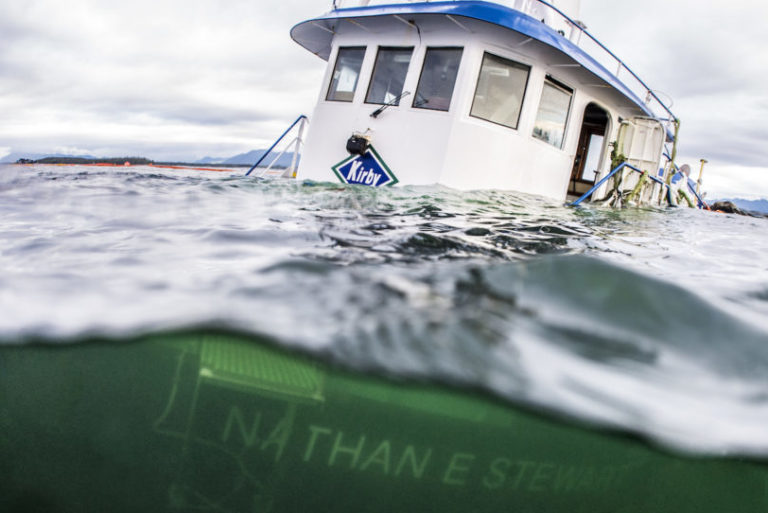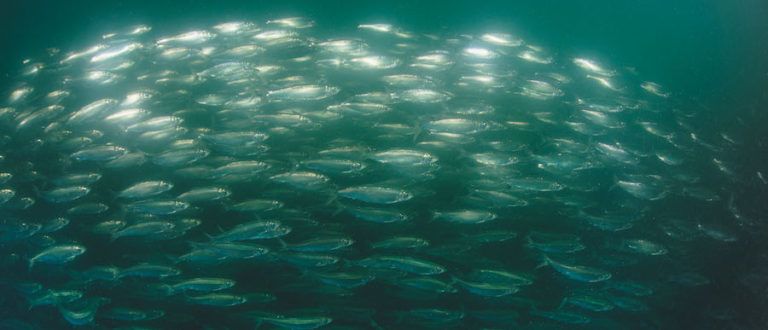Coral Reef Discovery in the Central Coast a Major Find
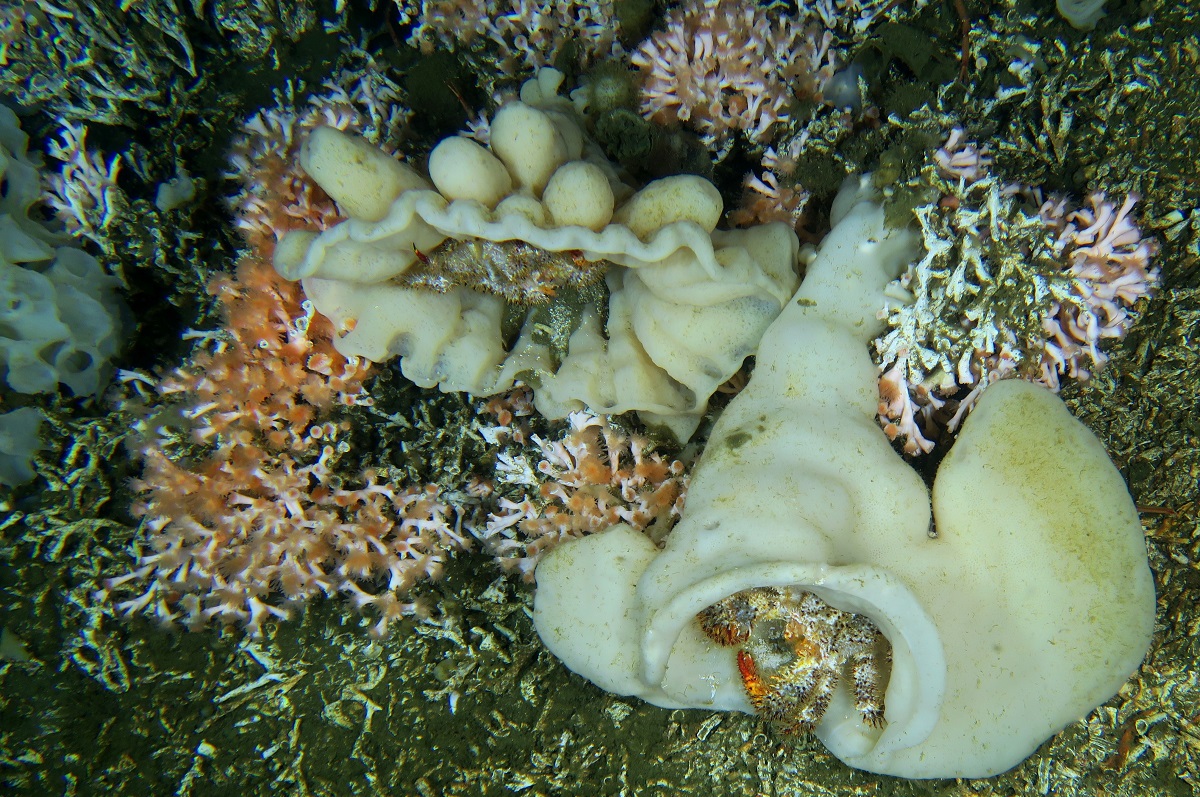
A long-term research partnership between the Kitasoo/Xai’xais Nation, CCIRA and Fisheries and Oceans Canada (DFO) scientists has yielded an incredible find: the first ever coral reef to be identified along the North Pacific Coast.
Although cold-water corals have been found elsewhere in Canada, the May 2021 discovery was the first example of a healthy coral reef on the North Pacific Coast and the first sighting of a species that scientists believed had gone regionally extinct thousands of years ago. The reef was discovered during a dive by a remotely operated vehicle in Finlayson Channel, at a site that was selected after interdisciplinary research provided clues for potential reefs in the area.
The collaborative research team, which has been working together in deep-water exploration around the Central Coast for the past four years, includes Doug Fraser, Marine Use Plan Implementation Coordinator for the Kitasoo/Xai’xais Stewardship Authority, CCIRA Science Coordinator Alejandro Frid, and DFO scientists Tammy Norgard and Cherisse Du Preez. The cold-water coral (Lophelia pertusa) discovery was made on the most recent of a series of expeditions to support marine conservation initiatives in the Central Coast.
Wherever these corals live, they help build habitats that provide nurseries, refuge and feeding grounds for other marine wildlife, and help enhance local biological diversity and abundance. Similar to tropical coral reef species, Lophelia leave hard calcium carbonate skeletons, on which the next generation can grow. In perfect conditions, these corals form extensive reefs up to kilometres in size and potentially hundreds to thousands of years old.
Despite being solid structures, these slow-growing ancient reefs are vulnerable to destruction from bottom trawling and ocean acidification. Since the waters off the Central Coast are naturally acidic, scientists had believed the region was incompatible with calcium carbonate-based reefs. With this new finding, researchers can pinpoint areas with the right conditions where other coral reefs may be found.
The discovery also provides important scientific information for Central Coast stewardship leaders, who are in the process of developing a network of marine protected areas as part of national and international commitments to protect 25 percent of our oceans by 2025.
